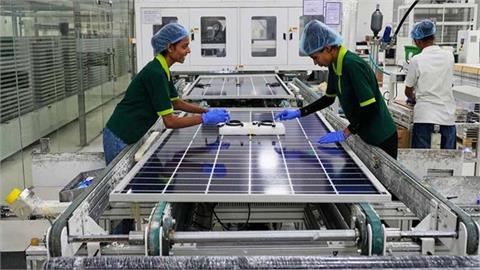Deposit refund systems are a proven waste collection method that guarantees high material recycling rates, which is why they are recommended in strategic documents of many international organizations. A deposit refund system is mentioned in the Marine Litter Action Plan, adopted by HELCOM in 2015 and confirmed in the Declaration on the Protection of the Baltic Sea signed on 6 March 2018 by Commissioner Karmenu Vella and ministers of 9 Baltic states.
A deposit system is also recommended in the European Community legislation as an important tool enabling reuse of packaging and litter reduction (adopted Directive on Packaging and Packaging Waste and the Waste Framework Directive as well as upcoming Single Use Plastic Directive).
Moreover, the deposit model has been given support by the United Nations, which, on 6 December 2017, adopted a resolution on marine litter and microplastics. The resolution called for measures to "prevent and significantly reduce marine pollution”. The document proposes introduction of "deposit schemes for beverage containers to reduce plastic waste that has negative effects on marine biodiversity”.
10 European countries have a deposit refund system for beverage containers: Sweden (since 1984), Iceland (since 1989), Germany (since 2003), Finland (since 1996), Norway (since 1999), Denmark (since 2002), the Netherlands (since 2005), Estonia (since 2005), Croatia (since 2006) and Lithuania, where the system was introduced in 2016 and resulted with 92% collection rate in the second year of the operation! A clear interest from the governments of the remaining European countries can be observed: a deposit return scheme for beverage packaging waste will be introduced by Scotland (decision of 5 September 2017), and England (upon decision from March this year).
This is hardly surprising – deposit refund systems for beverage containers are characterized by high collection rates and ensure efficient material recycling. The circular economy concept and the growing awareness with respect to littering of the natural environment are undoubtedly an important incentive for governments to implement proven waste management models.
(balcangreenenergy.com)



